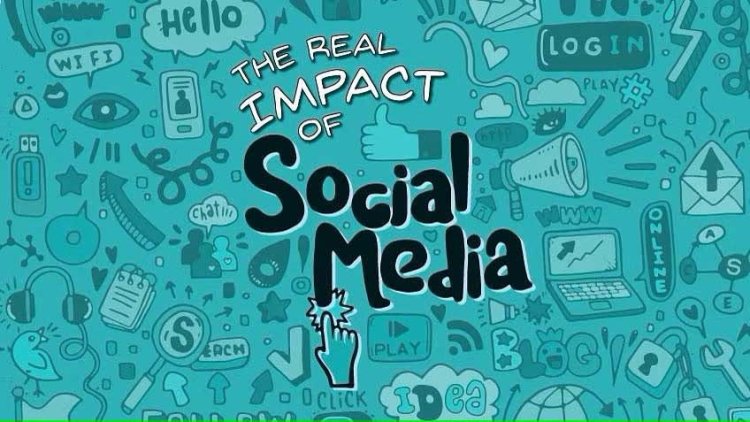Social Media Privacy in 2023: The Risks and Threats

With more and more new social media apps popping up, so do new privacy risks. Data and money theft, as well as phishing pages targeted at hijacking accounts registered in new social media, pose additional risks. Privacy is a crucial issue as well since many startups fail to configure their applications in compliance with best practices for privacy protection.
Protecting your privacy on social media can be as simple as hiding your true location. A what is my IP address VPN can allow you to do this which gives your online excursions a higher level of security.
Let’s dive into the risks and threats of new and existing social media for the coming year and how you can protect your privacy.
The rise of the Metaverse
The Metaverse is a social online environment in which users, known as avatars in the metaverse, can communicate and engage with one another. The year 2023 has been forecasted to signal a watershed moment in the metaverse’s evolution and direction. The metaverse is divided into two types:
Virtual reality (VR)
This refers to the creation of an artificial reality by using a VR headset to take over the user’s field of vision and give an immersive experience. Immersive experiences involve audio and location tracking of the body, allowing the movement of body parts like the hands to interact with the virtual environment.
Augmented reality (AR)
This is not as immersive as VR. Augmented reality adds virtual overlays to the real world using a type of lens. Users can still engage with their surroundings in real life. Think of when the augmented reality game Pokémon GO took over the world in the summer of 2016. The app was able to track a user’s location with GPS to make Pokémon spawn through the camera of smartphones.
There currently needs to be legislation or regulating entities addressing the privacy risks that come with new technology. This includes the Metaverse’s two fundamental technologies, virtual reality and augmented reality, which involve potentially intrusive tools and data collection.
Common risks of the metaverse
As expected, there are several security and privacy concerns that surround the Metaverse:
1. Moderation
It can be difficult to control all content and behavior in the Metaverse because it is a huge, open environment with numerous individuals. This can result in issues such as trolling and in-world social violence.
2. DoS Attacks
A denial of service (DoS) attack is a key security and privacy concern in the Metaverse. It is an attack that attempts to make a service or network inaccessible by overwhelming traffic or resource requests. DoS assaults are frequently directed against servers or other high-profile targets, but any device connected to the Metaverse network might be a target.
3. Data
Since the metaverse is a blockchain technology, it aims for data quality and reliability. Users may be confident that the information they are viewing via the metaverse is reliable and trustworthy in this manner. However, this is not always accurate and fake news can spread masked as truth.
Same platforms, new threats
Data breaches remain and will continue to be one of the biggest privacy concerns when using social media. Long-standing social networking service Twitter has been affected by data breaches within only the past few years. Social media platforms are among the most targeted sites on the internet today, with data breaches in recent years garnering headlines.
Of course, it is the social media companies’ job to adequately protect user data, but it’s also up to you to avoid uploading anything you don’t want to be easily accessible.
Another longstanding threat is social engineering. This refers to any cyberattack that a hacker may employ to deceive you into revealing personal information. This could take the form of a phishing email delivered to your inbox or a smishing text message delivered to your iPhone or Android. The key to safeguarding oneself is to never give important information to strangers over the phone, by email, or by text.
Moreover, malware is one of the more worrying concerns on social media since it is frequently used by hackers to deliver cyberattacks. There are numerous sorts of malware that a hacker may employ to gain access to one of your social media accounts, ranging from viruses and worms to adware, spyware, and trojans.
When internet users divulge too much personal information on various social media platforms, social media threats frequently occur. There are even discussions on whether users should provide a form of ID before they can open a social media account themselves. Hackers can use the information on social media to steal identities, account credentials, and other types of personal information for malicious purposes.
There are precautions you can take to better protect your privacy while using social media. Never include personally identifiable information in social media posts or profile bios. Passwords should be changed frequently to avoid account takeovers. Set your accounts to private to limit who can see your account information.
To avoid location monitoring, use a VPN. Be cautious of suspicious links from fake giveaways and affiliate schemes. When using Wi-Fi to access social networking sites, avoid using a public hotspot. Lastly, for enhanced security, consider investing in antivirus software.
What's Your Reaction?



























































